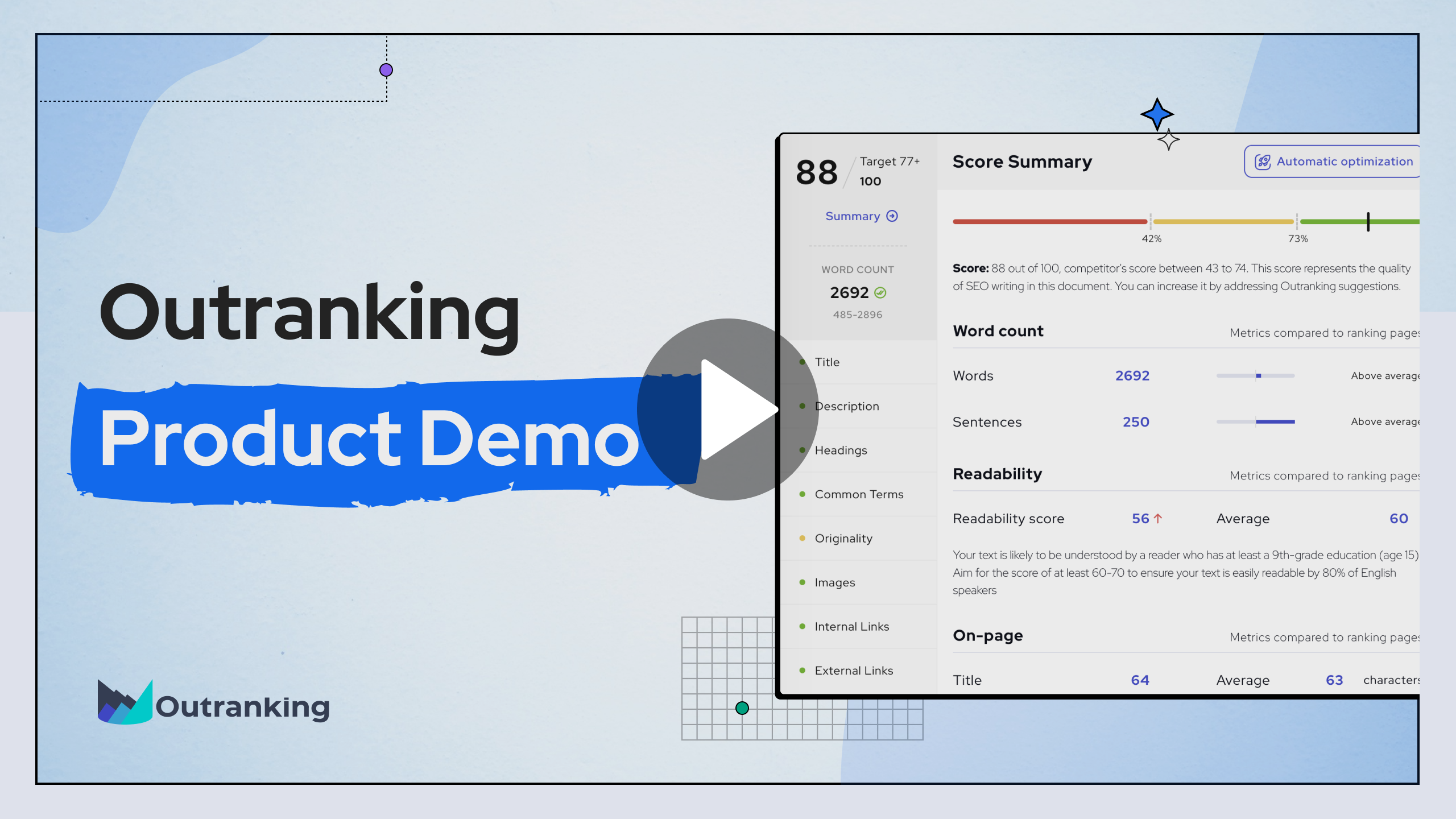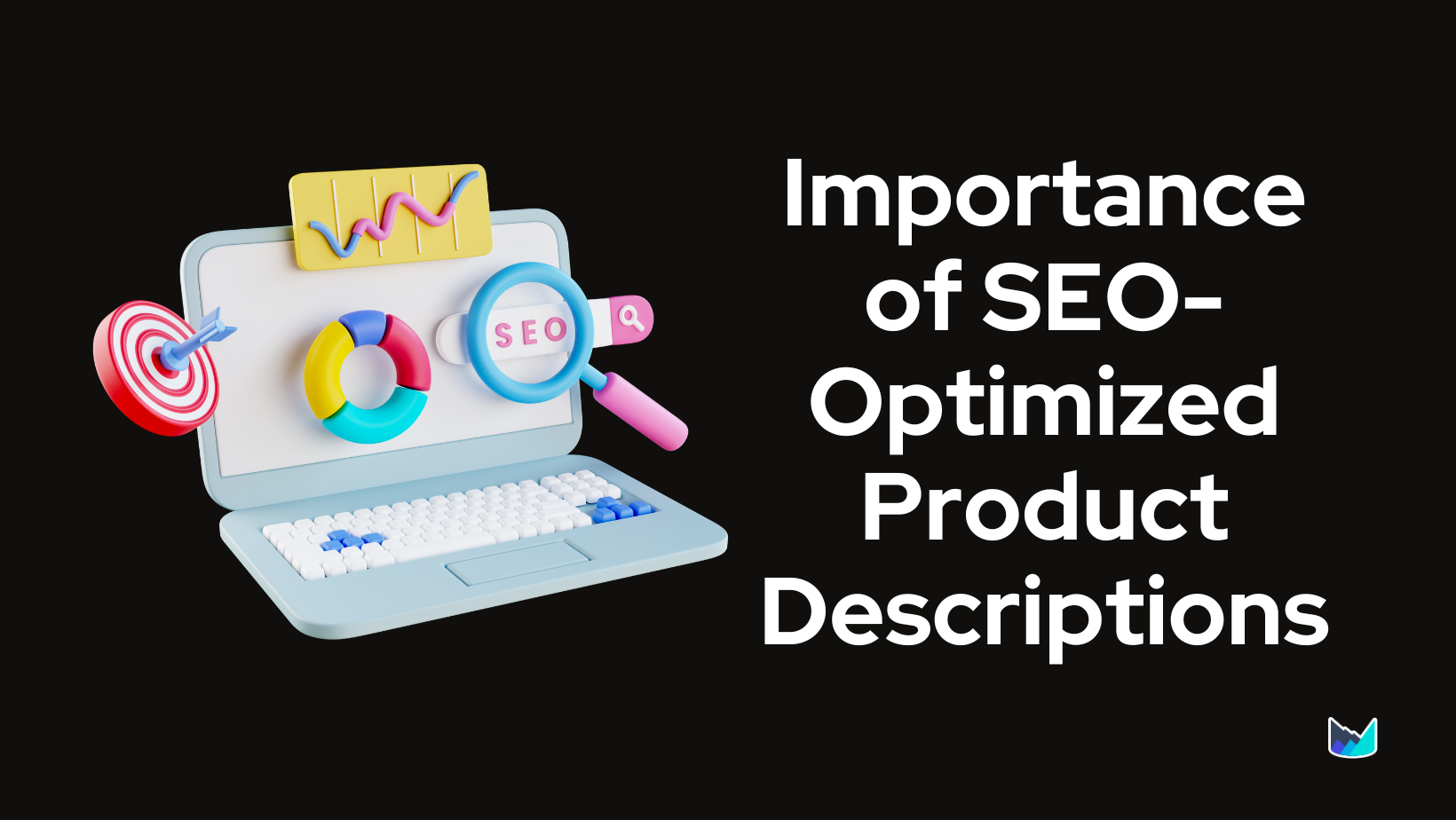- Product
- SEO Content Editor
- SEO Content Strategy
- Content Optimization
- Content Briefs
- AI Assisted Writing
- Keywords Clustering
Preview a demo walkthrough
Outranking the competition with our cutting-edge SEO strategies.

- Pricing
- Resources
- Sign In
- Get Started

Copywriter vs. Content Writer vs. SEO Writer What’s the Difference
Table of Contents
As a marketer, I understand that many words from the marketing world mean different things to others. But, of all words that define my role as a writer, the differences between copywriting, content writing, and SEO writing cause the most confusion among clients.
Table of contents
- Overview
- What’s the difference between content and copy?
- What about SEO content?
- What’s the difference between content marketing and copywriting?
- Copywriter vs. content writer vs. SEO writer
- Why you need them all
- Types of projects writers can work on
- When to hire a writer
- How to hire a writer
- Wrapping it up
Table of Contents
Overview
Anyone with a website requires a copywriter and a web content writer; while they’re both writers, they execute very different strategies, and their skills are pretty different. Not to mention, an SEO writer brings a different set of skills to the table too.
To help you understand this game of words, I wanted to break down the differences between content writing and copywriting. And, most importantly, I want to highlight why understanding the differences between the two can make or break your business’s website.
What’s the difference between content and copy?

Put simply, content is about information and copy is about persuasion.
- Content comes from a journalism background; it aims to share the truth through data, reasonings, and anecdotes. Content gets readers to share, discuss, and build upon what they know.
- Copy comes from an advertising background; it aims to sell the reader on a viewpoint. Copy tries to take the customer on a journey, persuading them to take some action.
Here’s where it gets complicated: copy can be considered content, but the content isn’t necessarily copy. So, to make it more straightforward, let me summarize the types of pieces you should expect to get from each form.
Web content gives you:
- News articles
- Blog posts
- Podcasts
- Email autoresponders
- Press releases
- Video transcripts
- Product descriptions
- Executive summaries
This is why we say, “content is king.” It truly is the heart and center of any marketing strategy. It’s why visitors view your pages, why they share it with others using social media, and why they comment on and share your content.
Web copy gives you:
- Sales pages
- Direct mail
- Social media updates
- Landing pages
- Advertisements
Copy isn’t about telling a story; instead, it’s more about persuading the user to take some action. Now, this can be subscribing to your newsletter, buying your product or service, or requesting more information.
Copy shares just enough information to your potential buyers to get them interested in taking action. Effective copywriters know how to cut the fluff and explain complex concepts in a simple form that will entice users to act.
What about SEO content?
Both web copy and content need SEO weaved into the sentences to stand out and help your content rank well on Google.
More than creating engaging content, SEO writing is about planning, designing, and optimizing content to rank in search engines. This means planning content based on a specific target keyword. An SEO writer knows how to plug these keywords in throughout the content without looking too obvious or too forced.
Beyond the traditional content styles we discussed above, SEO content includes:
- Local SEO pages
- Link-building content
- Guest posts for SEO
- Contextual links
- Meta descriptions
- SEO-friendly URLs. Don’t forget to check your URL’s SEO friendliness and avoid keyword stuffing to improve your website’s overall ranking.
What’s the difference between content marketing and copywriting?
So, as a business owner, you might think content is just words on your website. While this is true (on the surface), deeper down, it gets a bit murkier. Not all writers can be copywriters, and not all copywriters can be content writers. Someone might be excellent at sharing a story and adding facts, resources, and shocking information that are engaging to read. But, maybe they can’t summarize what you do in one short paragraph that persuades someone to call your business. See the difference?
- Content marketing is about creating and sharing valuable, free content to attract new viewers. Hopefully, you will then lead them into the sales funnel and convert these prospects into customers and then turn these new customers into recurring buyers.
- Copywriting is about making a reader take action. Using words, a copywriter gets potential clients excited about taking action, whether making a purchase, subscribing to a newsletter, asking for more information, or submitting a contact form.
Copywriter vs. Content writer vs. SEO Writer

As you understand what each of these types of writers can help you produce, it’s essential to learn about what makes them different at their core. On the surface, all web writers share many of the same skills and talents, but when you analyze them more profoundly, you’ll notice some differences:
- Copywriters are style-focused and don’t really focus on the content’s structural or stylistic elements. They instead work to produce catchy headlines and teaser copy.
- Content writers create content that is not only functional but also empathetic to their audience. They also know how to write about various topics, from SEO-friendly blogs to research papers and case studies.
- SEO writers start working from keyword analysis and planning. They create content that follows specific SEO-optimization tactics and keyword research to help drive traffic to a website and boost keyword rankings for a particular page, blog, or website.
Why you need them all
While not all writers can find the sweet spot between being a copywriter and a content writer, let alone an SEO writer, those who do are a rare species in the marketing world. A content marketing strategy needs copywriting to be effective. Otherwise, the high-quality content someone produces will just be sitting on a blog somewhere.
As a business, you want to have people with strong skills in these three different writing styles. One (the copywriter) will help you craft content that converts readers into customers. Another one (the content writer) will draft content that engages and allows your customers to become loyal readers. And, the final one (the SEO writer) will make sure your content ranks for specific keywords and queries so new users can find your products or services.
Invest in your future by choosing to hire a SaaS copywriter and an SEO copywriter who can do it all.
Types of projects writers can work on
A well-rounded writer can assist with different types of projects. However, copywriters, SEO writers, and content writers have different skills that make them more or less suited to specific content projects. It really depends on the goals that you have for a specific project.
SEO writers typically work on:
- SEO-friendly blog posts
- SEO-friendly service pages
- Local SEO content
- Service pages
- PPC landing pages
- Link-building content
- Guest posts
Copywriters usually work on:
- Social media posts
- Social media ads
- Email campaigns
- Print marketing materials
- Video scripts
- Sales pages
- Product descriptions
- Non-SEO landing pages
- Business names and taglines
- Website copy
- Whitepapers
- Call-to-action buttons
- On-site navigation copy
Content writers typically work on:
- Blog posts
- Print media articles
- Email newsletters
- E-books
- Books
- Podcasts
- Video scripts
- Radio scripts
When to hire a writer
Most business owners and agencies don’t have the time to write content. It’s a time-consuming job that requires someone with the knowledge and skills to make an impact. The average blog post takes anywhere between two to six hours to complete. Do you have that much time in your hands to plan, research, write, and edit content every week?
Here are some reasons you might want to hire a copywriter:
- You’re planning an advertising campaign soon
- You want to give your brand a refresh
- You’re creating a new landing page or website
- You’re refreshing your business’s brochures, mailers, or print ads
- You want to optimize your website for leads and conversions
If you have these goals for your business, consider working with a content writer:
- Starting a new website
- Planning a blog that you will update weekly
- Building a library of resources for your readers
If you have these goals, consider hiring an SEO writer:
- Increase your site’s keyword rankings
- Boost click-through-rates (CTR) from search engine results pages
- Attract high-authority backlinks
- Repurpose existing content
- Optimize internal and external links
- Improve organic traffic to your site
How to hire a writer
Depending on your business goals, you may want to hire a copywriter or an SEO writer. Ideally, you can find a well-rounded writer that can tackle different types of projects at once. Here are some things to look for when hiring a writer:
- A knack for SEO
- Research skills
- Knowledge of SEO content software like Outranking.io
- An understanding of planning and SEO content strategy
- Similarities between their writing and your audience
- Previous experience with the type of content you need
Luckily, today you can find a writer in one of the many freelance marketplace sites online. You should be able to see their portfolio, references, and even reviews or testimonials of their work. This is the best way to see if a writer aligns with your business needs and target audience.
As you start working with a writer, be clear about your expectations and understand the writer’s expectations. As you try to build your business, a writer can help breathe new life into your business and help you leverage some time to focus on growing your company.



